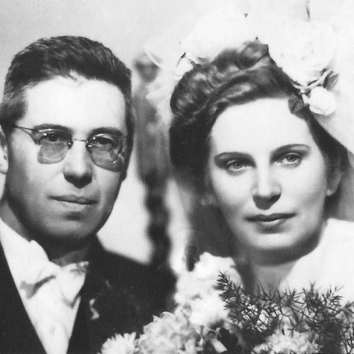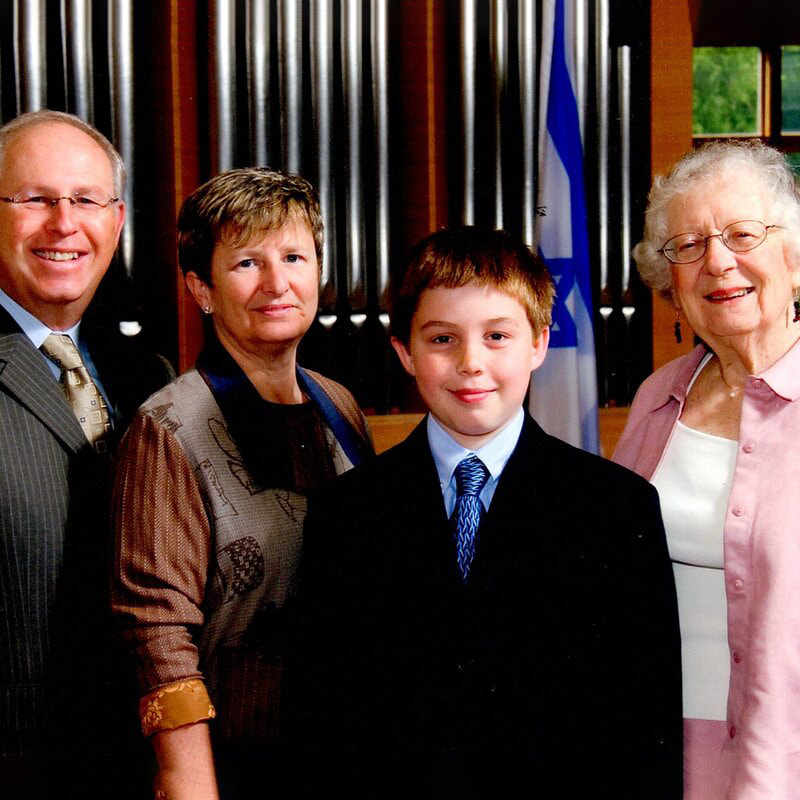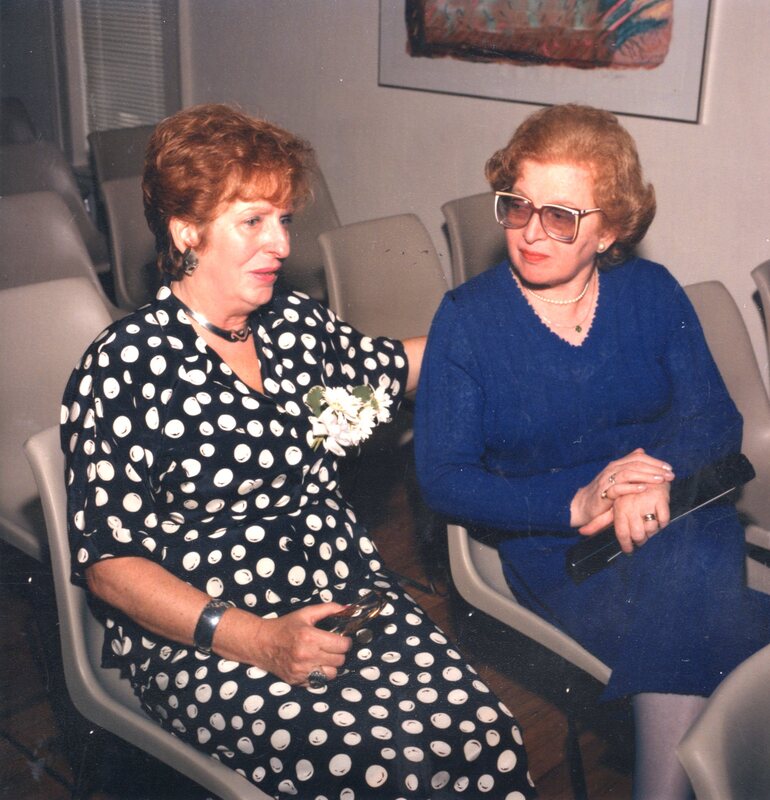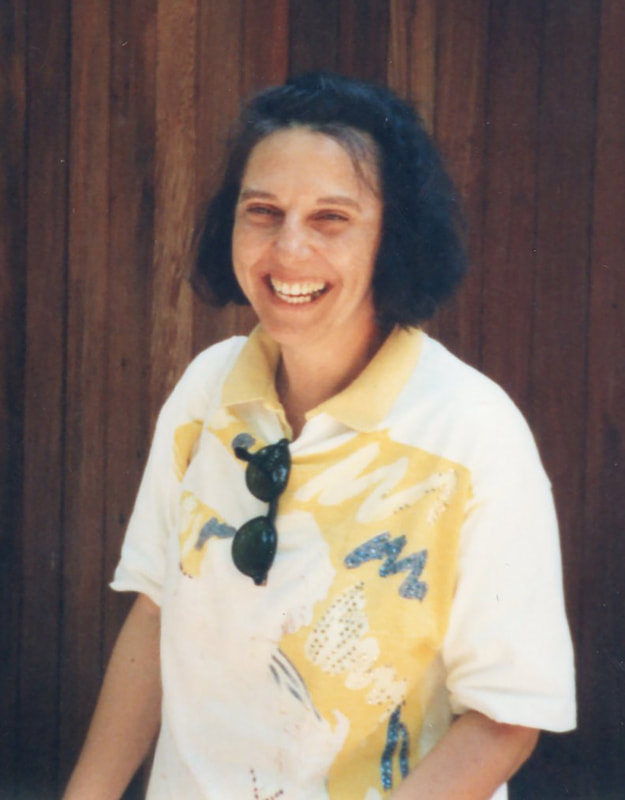Chapter 10: Always an Outsider.By Cilla Tomas, daughter of Ruzena and Jakob Tomashpolski
I have often felt like an outsider. I spent my childhood in a very homogeneous white Christian society. My parents were both Jewish and immigrated to Switzerland after experiencing persecution in their countries of origin. They were both overprotective of my sister and me, especially my mother, who was very suspicious of people and taught me that I should be wary since most people were “bad” or even “evil.” As a consequence, I was shy, insecure, and suspicious of other people’s intentions. I didn’t feel comfortable in my own skin and saw myself as an outsider at school, among my classmates, and even in the Jewish community, where most of the members hadn’t been directly affected by the Holocaust. I had few friends and mostly only related to schoolmates who weren’t popular, like me. I was born and grew up in Bern, Switzerland. My father’s family escaped after the pogroms in Kishinev, in present-day Moldova, and moved to Switzerland when he was about nine years old. My mother and her one sister, originally from Kosice (then part of Czechoslovakia), were the only ones of her immediate and extended family who survived the Holocaust. I remember my paternal grandfather, Pinkas, who died when I was three, only very vaguely, as a loving man with a beard and a great smile, who talked to me in Hebrew. He had joined the Zionist movement in Russia after the pogroms in the early twentieth century. He travelled to Palestine and lived there for a few years, but didn’t stay because my grandmother wanted to move back to Switzerland, since life at that time in Palestine was dangerous and lacked certain conveniences. My grandfather lived with us and worked as a textile merchant selling wholesale fabrics and yarn, which we stored in our basement for a long time, even after my grandfather’s death. My sister and I often went into the storage room and played that we were selling those colorful fabrics and yarn. When I was growing up, my mother rarely talked about her experiences during the war. She died when I was a teenager, and I was never able to pursue a discussion with her about her family and what had happened to them in the Holocaust. My guess is her experience in Auschwitz was so horrific that she didn’t have the words to talk about such trauma. I remember once we went on vacation with some friends and they asked her why she had a number tattooed on her arm. She told them she got it in the concentration camp during World War II. Right away, they wanted her to sit down with them and talk about her experience. My father, who was very protective of her, came to her aid and said it would bring up too many bad memories. My sister and I knew, too, that we shouldn’t upset my mother because she lost her temper easily, and upsetting my father would apparently affect his heart. When I got into an argument with my sister, he would tell us to stop, and if we didn’t stop immediately, he would demonstratively squeeze drops from a medication bottle into a glass in front of us. This was an effective strategy, since I was afraid that he might have a heart attack and die. Later on, I found out that those drops were harmless over-the-counter medication to calm him down. |




